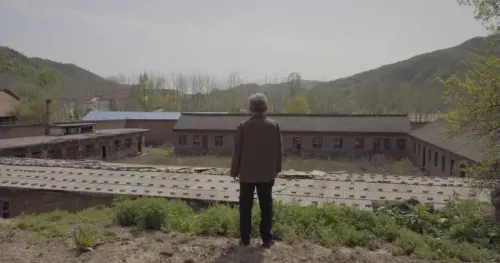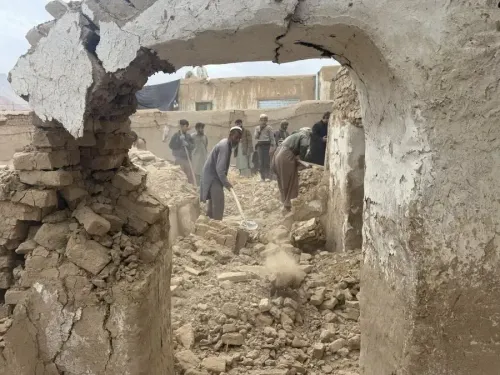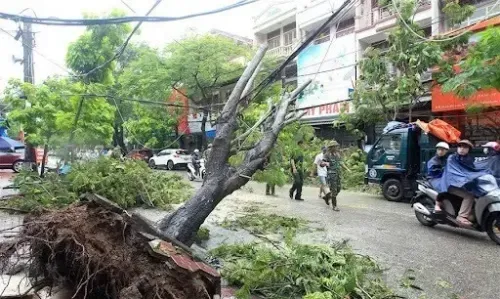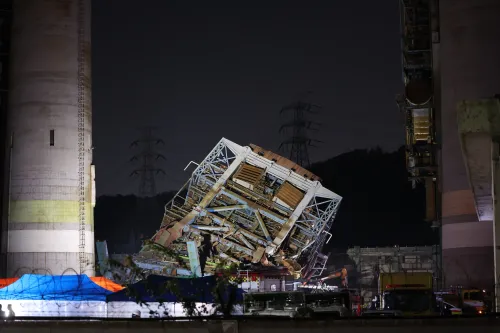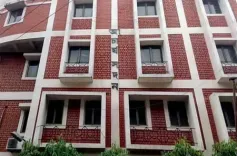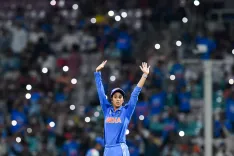Is Bangladesh's April 2026 Election Proposal Acceptable?
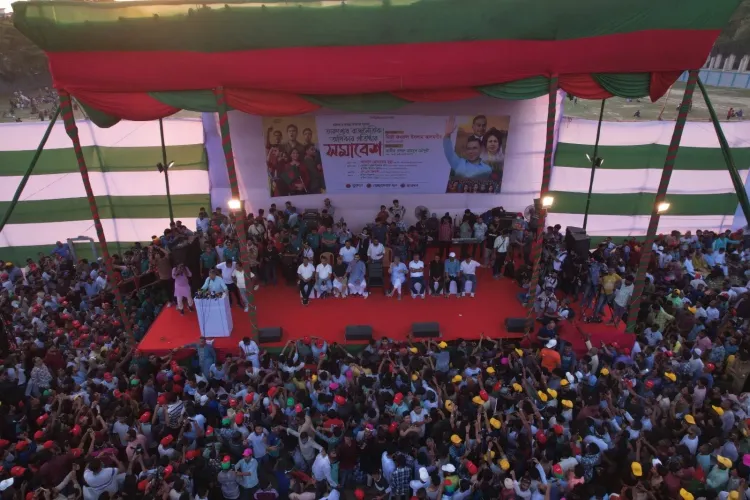
Synopsis
Key Takeaways
- BNP rejects April 2026 election proposal
- Concerns over weather and public exams
- December is favored for elections
- Call for reforms to ensure fair elections
- Political pressure mounts on interim government
Dhaka, June 7 (NationPress) In a significant setback for Bangladesh's interim government, the Bangladesh Nationalist Party (BNP) has outrightly dismissed Chief Advisor Muhammad Yunus' proposal to conduct national elections in April 2026.
On Friday, Yunus announced that the next national elections are set to occur "on a day in April" next year.
During a televised address to the nation on the eve of the Eid al-Adha festival, Yunus mentioned that the Election Commission would unveil a detailed election roadmap at an "appropriate time."
However, various political factions reacted swiftly, criticizing the announcement just hours after it was made.
BNP Secretary General Mirza Fakhrul Islam Alamgir expressed to local media in Dhaka on Saturday that April is completely unsuitable for national elections.
"April is not an ideal time for polling in Bangladesh. The likelihood of extreme heat, storms, and rains is high during this period. This timing follows Ramadan, and public examinations are also scheduled," Alamgir stated.
He emphasized that elections in April would coincide with campaigning during Ramadan, which poses significant challenges.
"We believe that December would be the most appropriate month for the elections. We have previously voiced our expectation for elections to occur by December, which aligns with public sentiment," he noted.
In his address on Friday, Yunus also highlighted the interim government's "achievements" over the past ten months, reiterating its commitment to a three-point agenda focused on justice, reforms, and elections.
Earlier, BNP Standing Committee member Salahuddin Ahmed asserted that conducting national elections before December is "entirely feasible," suggesting that necessary reforms could be accomplished in less than a month with broad consensus.
"December is too late. Elections can happen sooner. If reform proposals, excluding those related to constitutional amendments, gain national consensus, implementation can be swift," Salahuddin was reported saying.
He reiterated that the BNP has yet to identify any valid reasons to justify delaying elections past December, stating, "We advocate for democracy and prompt elections to establish the people's voting rights. There is no justification for pushing the elections beyond December."
The interim government led by Yunus faces mounting pressure from various political entities to conduct elections by year's end.
Last month, in a virtual rally from London, BNP's Acting Chairman Tarique Rahman emphasized the need for the interim government to demonstrate "visible preparations" for national elections alongside addressing reform issues.
Meanwhile, Bangladesh's largest Islamist party, Jamaat-e-Islami (JeI), which can participate in the elections following a recent Supreme Court ruling, has not explicitly supported a December election timeline.
JeI Ameer Shafiqur Rahman remarked on Saturday that the nation seeks to avoid another "controversial election," advocating for a credible national election only achievable through justice, reforms, and ensuring a level playing field.
"We are willing to assist the Chief Advisor if he requests our support. However, resolving the national crisis is essential for free and fair elections," Rahman concluded.

